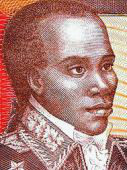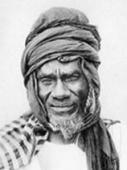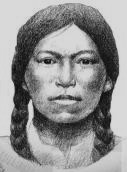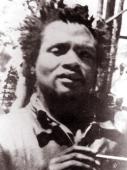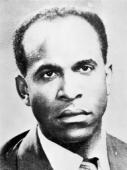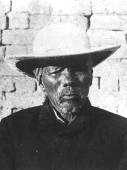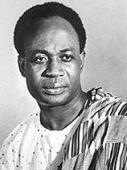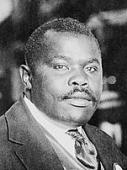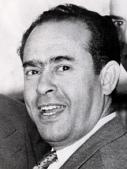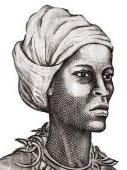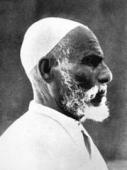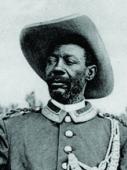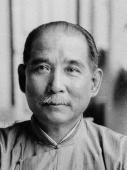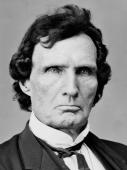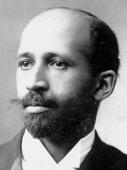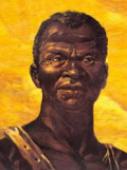The request for reparation of slavery has developed in the United States of America since its abolition in 1865.
In the same year, shortly after the Civil War and the defeat of the Confederate States, General William Tecumseh Sherman issued pitched Special Order Number 15 to work around the problem of the masses of freed slaves. Each family was given 40 acres of arable land and a mule which the army didn't need anymore. About 40,000 freed slaves were settled on 1600 square kilometers in Georgia and South Carolina. President Andrew Johnson, however, cancelled the order immediately after the assassination of Lincoln and the land was returned to large landowners.
In 1867 deputy Thaddeus Stevens introduced a bill to redistribute land to African Americans, though it was not approved.
Reconstruction ended in 1877 without that the problem of reparation was resolved and especially in southern states a movement to maintain and reinforce the apartheid that slavery had produced developed (with the approval in some states of the so-called "Jim Crow laws") and whose weight was reduced only since the sixties of the last century due to the African American Civil Rights Movement led by Martin Luther King.
Since the eighties of last century, some American organizations have begun to seek reparations for the black population since for the most part it was composed by descendants of slaves and for the regime of apartheid suffered for over a century after the abolition of slavery.
At the end of 1982 African People's Socialist Party (APSP) organized in New York a meeting of the International Tribunal on Reparations for Black People in the US which recognized that the government was guilty of crimes against the Africans in the United States and sentenced it to pay reparations of 4.1 billion dollars only for the work not paid, with an estimate of the damage to be done later.
Founded in 1987, the National Coalition of Blacks for Reparations in America (NCOBRA) has organized some events and boycott days in the past to draw U.S. public attention, backed draft laws at the federal, national and local level for the reparations of the descendants of Africans and participated in the international movement for reparation.
Since 1989, every two years congressman John Conyers Jr and now Sheila Jackson Lee has introduced the H.R. 40, that recommends "to address the fundamental injustice, cruelty, brutality, and inhumanity of slavery in the United States and the 13 American colonies between 1619 and 1865 and to establish a commission to study and consider a national apology and proposal for reparations for the institution of slavery, its subsequent de jure and de facto racial and economic discrimination against African-Americans, and the impact of these forces on living African-Americans, to make recommendations to the Congress on appropriate remedies, and for other purposes."
See also article Apologies: United States of America - Slavery
For more information:
Belinda Sutton and Her Petitions
'Reparations Ray' Blazed Lonely Trail
Slavery reparations are workable and affordable
The National/International Reparations Summit
A nation built on the back of slavery and racism
We Absolutely Could Give Reparations To Black People. Here’s How.
Harvard law school drops official shield over slavery links
Illinois House of Representatives Pass Historic Slavery Study Resolution
U.S. owes black people reparations for a history of ‘racial terrorism,’ says U.N. panel
Congressman John Conyers Introduces New HR40 Reparations Bill
Veteran Congressman Still Pushing for Reparations in a Divided America
This Could Be Reparations’ Best Chance Since 1865
Actor Danny Glover advocates for reparations at N.O. benefit
HR 40 Primer — Seize The Time!
Congresswoman Hopes Reparations Bill is Path to ‘Repair Some of the Damage’ Caused by Slavery
Reparations Means Full Repair: For 400 Years of Terror, and Other Egregious Crimes
When Slaveowners Got Reparations
N’COBRA Applauds Senator Cory Booker
The point of talking about reparations is to reckon with generations of racial injustice
The Case for Reparations Is Nothing New
Since Emancipation, the United States Has Refused to Make Reparations for Slavery
Revise HR 40? How About Pass HR 40!
Haiti paid reparations to enslavers. So did Washington, D.C.

